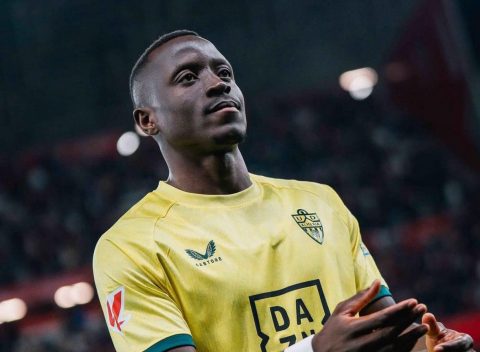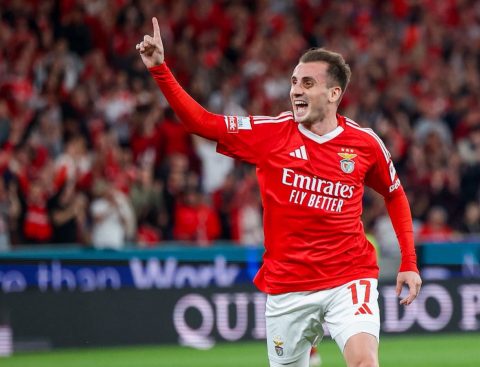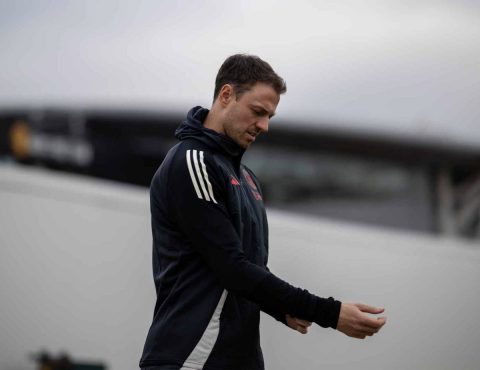In a recent interview, Tottenham Hotspur manager Ange Postecoglou expressed his concerns over the increasing role of technological advancements in football, particularly focusing on the use of Video Assistant Referee (VAR) and Artificial Intelligence (AI). His remarks come at a time when debates surrounding the impact of technology on the sacredness of the game are more intense than ever.
A Critical Take on VAR and AI
Postecoglou remarked that the game might soon be refereed by AI, a scenario he seems to view with scepticism. “It’s going to be refereed by AI soon. That’ll spread to the players soon, a game somehow with no participants,” he mused, highlighting his discomfort with the direction in which football is heading.
Since its introduction, VAR has changed the dynamic of decision-making in football, often scrutinizing decisions down to the smallest detail. Postecoglou voiced his concerns, stating, “When VAR came in, did anyone want this, microscopic decisions… I don’t like it.” His comments reflect a broader sentiment shared by many within the football community who argue that VAR disrupts the flow of the game and often distracts from its human element.
The Human Element in Football
Postecoglou pointed out a puzzling transformation in how matches are officiated. He commented, “Referees aren’t refereeing anymore.” This concern raises an important question: does technology diminish the referee’s role and decision-making authority? The unforeseen consequences of an over-reliance on technology could be the erosion of human instinct and judgement, which have been vital elements of football’s charm and unpredictability.
Implications of Technology in Football
VAR’s implementation was initially aimed at correcting clear and obvious errors to aid referees in making better decisions. However, its extensive use to decide offside positions and handball incidents has often fuelled controversy. Decisions boiled down to millimetres make fans and players alike question whether the reliance on technology is truly enhancing the game or inadvertently stripping it of its spontaneity.
Despite its intended purpose, VAR often finds itself at the centre of debates, especially when crucial decisions impact the outcomes of high-stake matches. Critics argue that the technology still cannot eliminate all controversies, suggesting a human decision could sometimes be more straightforward and universally accepted.
The Future of AI in Football
Postecoglou’s remarks on AI resonate beyond the boundaries of football. With rapid technological improvements, AI could indeed play a bigger role in sports. Yet, the question remains: at what cost will this progress come? Could AI one day replace managers or even players, altering the game beyond recognition? Postecoglou’s scepticism draws attention to the delicate balance that needs to be struck when integrating technology into sports.
While technology aims to make football more precise and fairer, it highlights a growing sentiment that the sport might lose its human touch. As Postecoglou aptly pointed out, the involvement of AI could fundamentally change the essence of football, which is deeply rooted in passion, unpredictability, and human emotion.
The future of football, with AI and VAR, will undoubtedly continue to provoke discussions. As the sport evolves, stakeholders must ensure that it remains anchored in its founding principles, reflecting the core of what has made football the world’s most beloved game.
Engaging Fans in the Ballon d’Or Discussion
Fans worldwide are encouraged to join the conversation. Who do you think should have taken home the Ballon d’Or this year? Is the current voting process the best way to judge the world’s elite football talent? Share your thoughts and engage with others across platforms to keep the debate lively and informed.









